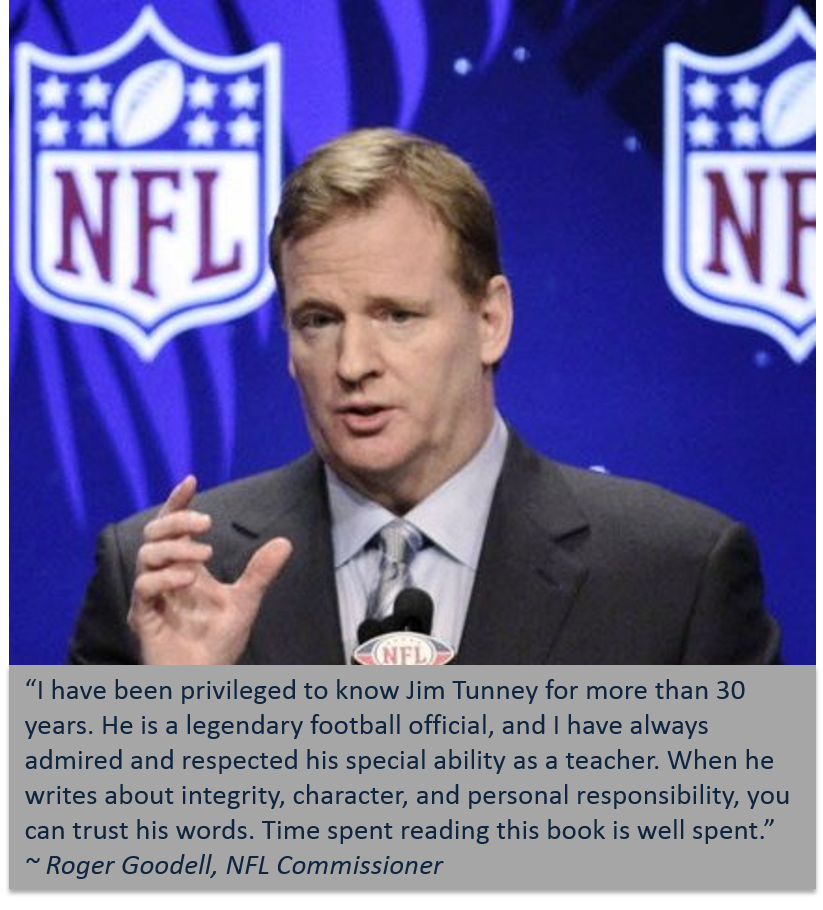On the TUNNEYSIDE of SPORTS February 18, 2013 #424 Up next…Keeping Score!
After further review…“Should youth sports leagues keep score?” It’s a fair question, and has risen to the level of controversy online and in the print media. Many believe that keeping score for kids between the ages of five and eight is wrong. They point out that kids should just play, and not be concerned at this stage of their lives whether they win or lose. Granted, in today’s youth sports we do see an over emphasis on winning.
Recall your own youth games. Did you keep score? Sure you did! Did you ever play the game of tag, and experience being “it”? While there was never a scoreboard, there certainly was never any shame of being the last one tagged and carrying that mark until the next game. The same held true for “kick-the-can” and “over-the-line”. No scoreboard, and maybe more importantly for this discussion, no adult organizing the game and/or officiating it. We governed ourselves.
Play to win? Of course we did. We certainly didn’t play to lose–that’s dishonest. If sports can help you grow as a person, they can help teach honesty. Doing your best is what sports are all about. Games should be fun and doing your best makes it more fun. That being the case, how do you measure whether or not you did your best, if you don’t’ keep score?
Coaches, teachers, and motivators worthy of their titles encourage their “players” to set goals in whatever they do. This brings to mind a passage from “Alice’s Adventures in Wonderland” in which she comes to a fork in the road and has to make a decision about which road to take. When the Cheshire Cat asks Alice where she is going, she replies she doesn’t much care. “Then it doesn’t matter which road you take” says the Cheshire Cat. If your goal is to play your best and play to win, then keeping score is important.
Please keep in mind that in playing any game to win a youth needs:
1) proper instruction in fundamental mechanics and techniques;
2) to play at his/her age level and skill abilities;
3) to learn the rules and play within them; and
4) to play with good sportsmanship and a healthy respect for his/her opponent and the game.
The legendary sportswriter Grantland Rice once wrote:
“For when the One Great Scorer comes to mark against your name,
He writes-not that you won or lost, but how you played the Game”.
Will you login your thoughts about keeping score?
To contact Jim go to www.jimtunney.com or email him at jim@jimtunney.com



